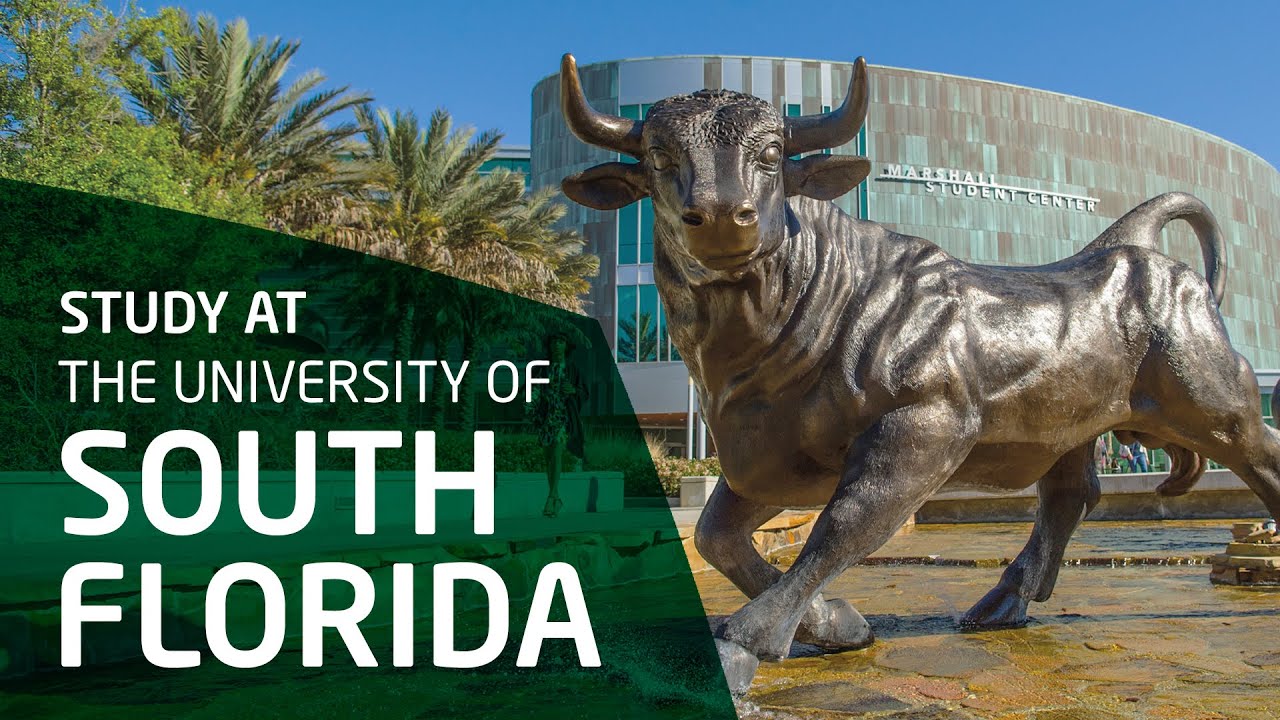Scholarship: Fully funded
Degree: Ph.D
Nationality: International Students
Location: USA
Application deadlines: Open
Scholarship Description:
The lab focuses on the study of conformational transitions, dynamics and signalling of membrane proteins, in particular G protein-coupled receptors (GPCRs). In our previous studies, we were able to delineate and quantify a classical GPCR–A2A adenosine receptor (A2AR) into four conformational states (Ye, et al., Nature, 2016) using 19F quantitative NMR (19F-qNMR) (Ye, et al., J. Biol. NMR, 2015). Conformational transitions and allosteric modulations have also been studied at the quantitative conformational state level (Ye, et al., Nat. Commun, 2018). With the advancement of X-ray and cryo-EM applications in resolving macromolecular structures, the field of structural biology has begun to shift from studying single-particle static structures to multi-conformational dynamic transitions. This shift will help us better understand the fundamental regulation of proteins such as G protein-coupled receptors (GPCRs) in physiological signalling, and guide the development of new drugs by targeting specific disease-related conformations rather than the global protein. Dr Ye’s lab is one of the few laboratories focused on 19F-qNMR methodological innovation and it’s application to the study of membrane protein conformation, dynamics and signalling. Recently, in collaboration with Caltech–William Goddard’s group, we were able to exclusively populate an intermediate conformational state by creating conformation-biased mutants guided by 19F-qNMR (Wang et al., Nat. Commun, 2023). This advance opens the way to study the functions of individual conformational states without the cross-functional interference of others. The characterisation of individual states will guide us to develop drugs that target a specific disease-related conformation rather than the global protein (Wang et al., Trends Pharmacol Sci, 2021) by modulating signalling efficacy or bias.
The University of South Florida is an outstanding research university dedicated to student success. It is ranked in the top tier of research universities (R1) by the Carnegie Foundation for the Advancement of Teaching. Invited to join the Association of American Universities (AAU) in 2023, USF continues to prove its worth.
Available Subjects:
- Cancer
Eligibility criteria:
- Applicants with expertise in yeast, insect or mammalian cell culture, BRET and radioligand binding measurements, large scale membrane protein preparation, biomass spectroscopy, X-ray, cryo-EM and bio-NMR, in addition to basic molecular biology skills, are particularly welcome.
Application Procedure:
Interested candidates are encouraged to submit their applications to Dr. Libin Ye, [email protected]. For more information, please visit the lab website: www.libinye.com
